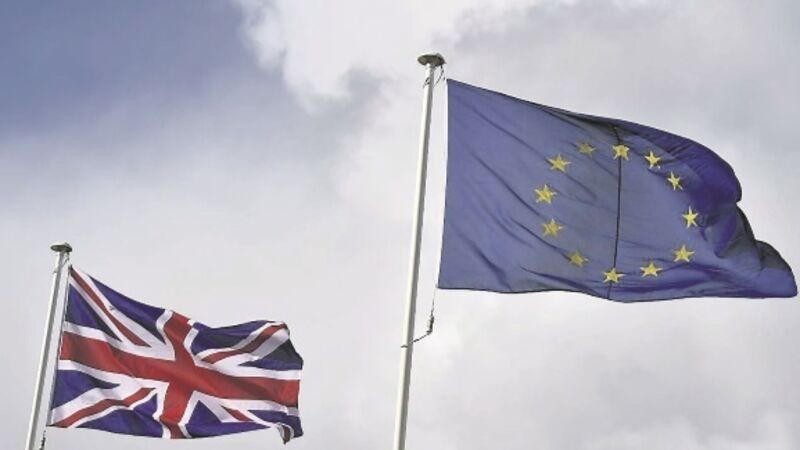Kieran Coughlan: Better the devil you know with Brexit issue

This is undoubtedly the most significant of votes for the UK, in a generation.
The European Union project and its former incarnations, the EC and EEC, impacts on almost every aspect of everyday living for its citizens.













